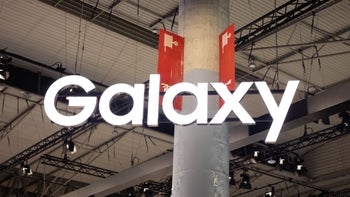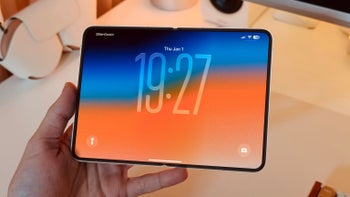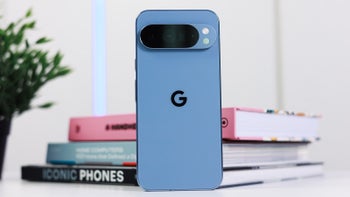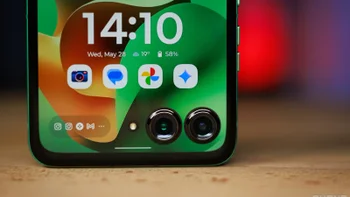Rule change for FCC spectrum auction requested by Sprint, T-Mobile, Spire and Dish

T-Mobile, Sprint, Dish Network, Spire Wireless and others are requesting changes to the way that the FCC will conduct its auction for the 600MHz broadcast television wireless spectrum. The group wants the federal agency to conduct the auction as planned, with one big change; it wants half of the spectrum being auctioned off, roughly 40MHz, to be reserved for smaller carriers.
Current FCC laws prevent the agency from holding more than 30MHz of spectrum aside for carriers who currently own less than 45MHz of spectrum under 1GHz in a given market. This would prevent industry leaders like Verizon and AT&T from bidding. Sprint and T-Mobile argue that if the reserve isn't increased to 40MHz, only one small carrier will be able to grab a 10MHz x 10MHz block which would allow AT&T and Verizon to grab 10MHz blocks or more. To prevent this, T-Mobile would like to see purchases made from a larger reserve limited to 20MHz. This would prevent one small carrier from buying up all of the allotted spectrum held aside for smaller players in the industry.
The larger carriers like AT&T and Verizon argue that by increasing the size of the reserve, it will limit their participation in the auction, which will lead to a lower amount of money raised. It will also limit the amount of spectrum put up by broadcasters to be auctioned off since the television station owners might feel that they won't receive an acceptable amount of money for their licenses.
FCC Commissioner Michael O'Rielly warned earlier this month that putting too much spectrum in reserve for low priced carriers could make the entire auction fail. As an example, he pointed out that at a recent Canadian auction of AWS-3 spectrum, reserved spectrum winners accounted for only 4.58% of the total amount of the receipts. That was 20 times lower than the receipts brought in by buyers of unreserved spectrum.
source: FierceWireless
FCC Commissioner Michael O'Rielly warned earlier this month that putting too much spectrum in reserve for low priced carriers could make the entire auction fail. As an example, he pointed out that at a recent Canadian auction of AWS-3 spectrum, reserved spectrum winners accounted for only 4.58% of the total amount of the receipts. That was 20 times lower than the receipts brought in by buyers of unreserved spectrum.
"In particular, the Commission seems intent on setting aside some spectrum--in other words, reserving licenses--for select companies. The practical effect of this policy is obvious: these licenses will go for far less, because the country's largest providers will only be able to win the unreserved spectrum. To see an example of this policy in action, we only have to look to the recent Canadian AWS-3 auction where the reserved spectrum winners paid 4.68 percent of the total auction receipts, less than what was paid for unreserved spectrum by a factor of 20."-Michael O'Rielly, FCC Commissioner
source: FierceWireless
Follow us on Google News













Things that are NOT allowed:
To help keep our community safe and free from spam, we apply temporary limits to newly created accounts: